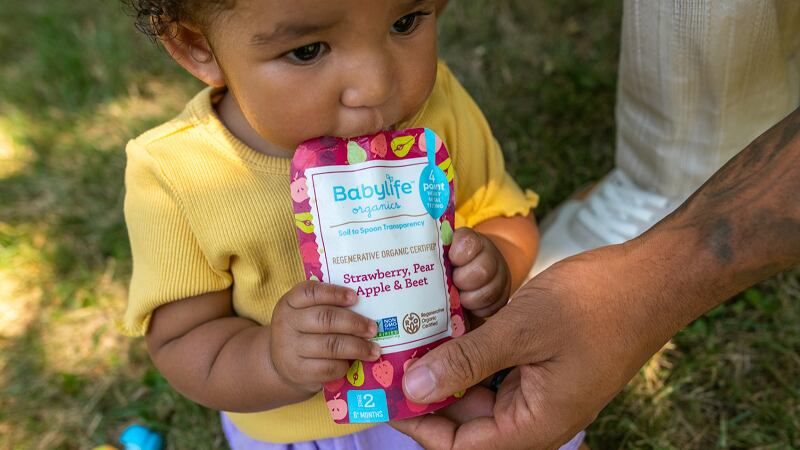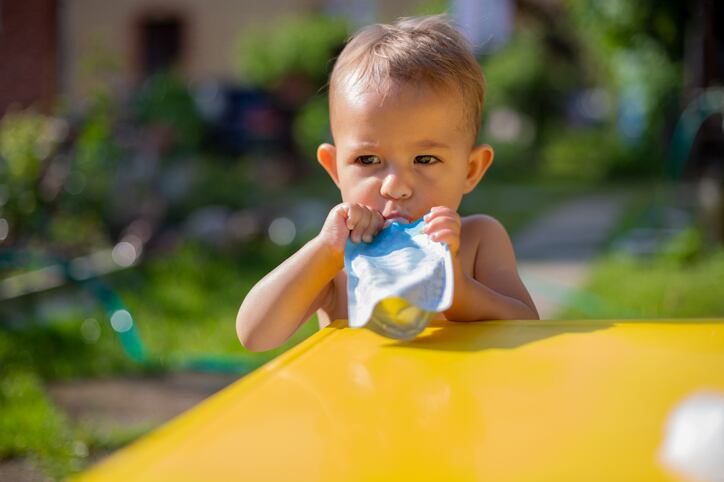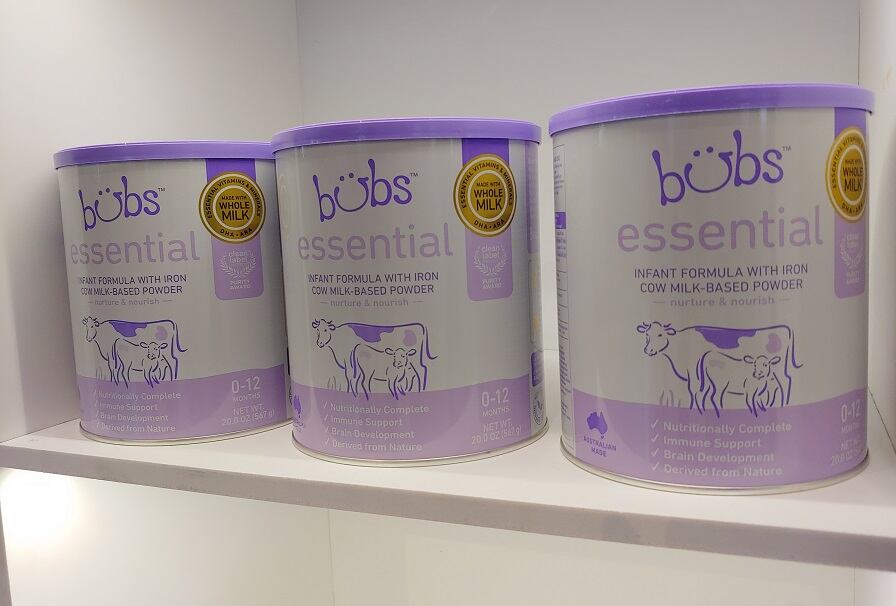“Organic [is about doing] no harm — let us not put terrible things into the soil and let us try and nurture the products even if it comes at a little less volume. Regenerative organic is the next stage, which is it is not enough to do no harm. ... We have a responsibility to put nutrients back into the soil, while constantly regenerating the positive nutritional profile of the soil in which the products are grown,” Doug Brent, co-founder and chairman of Babylife Organics and co-executive chairman for organic food company Made in Nature.
He added, “The genesis [of regenerative agriculture] is to find the right soil, handle it in the right way, and then be able to test at multiple stages because we control the whole supply chain. Then, the final element of that is to disclose it. Let moms, dads and so forth actually be able to see the specific results of the testing for the specific lot they bought that day. And they do that by a QR code on the back of the pouch or the jar.”
Baby food market responds to heavy metal concerns with transparency
Launching nationwide in Whole Food stores, Babylife Organics is a multi-stage baby food brand that is certified USDA Organic, Certified Fair Trade and Regenerative Organic Certified.
Babylife Organic offers Stage 1 jars (4-6 months) and Stage 2 (6 months or older) pouches and is developing Stage 3 and 4 products, with Stage 3 expected to launch in the next 6-12 months, Brent noted. Currently, 15 flavor varieties are available, including Apple, Carrot, Plum, Pear and others.
Babylife Organics commissions third-party batch tests on the food it grows on land it operates, monitoring for heavy metals throughout the production cycle, Brent said. The company follows the heavy metal limits set by the European Union Food Safety Policy and the Clean Label Project’s First 1000 Days Promise.
Additionally, Babylife Organics tests for pesticides, microplastics and other contaminants and plans to roll out similar third-party results to consumers.
“You cannot test every strawberry. It is not possible ... to test each individual berry or piece of lettuce or piece of spinach, but you can look at it as a batch, and you bring it in as a batch, and you sample and you test,” Brent noted.
Recently, baby food brand Little Spoon said it would similarly not surpass EU levels of heavy metals and will disclose test results of over 500 contaminants on its website through its “Little Spoon, Big Change” initiative.
‘It starts with choosing the right soil:’ Babylife Organics focuses on the farm-level
Babylife Organics sources its raw ingredients from 250 acres of farmland in Turkey and wild orchards for its berries, Brent explained. The company plans to expand the acreage under its management as well as its number of commodities, he added.
Selecting the right organic farmland can be difficult as certain soils have naturally higher levels of heavy metals, he noted.
“It starts with choosing the right soil because heavy metals are naturally occurring ─ they can be in the soil anyway. If you are near industrialized areas, you can have higher levels of lead potentially. The location of the farms and the places from which we sourced became very important, and then how we treated the soil was very important. We went past organic to Regenerative Organic Certified,” he elaborated.
He added, “Sweet potatoes have a tendency to draw more heavy metals out of the soil than other produce grown in exactly the same soil. You have to know that, you have to watch for that, and you need to test for that.”
‘The industry has to regain the trust of young parents’
Caregivers increasingly worry about the level of heavy metals in baby food products, following the release of a 2021 Congressional Subcommittee report that found “dangerous” levels of heavy metal in several leading baby food brands.
“[Consumers lost] trust in baby food producers when the independent bodies went out and tested baby food and found in a vast majority of baby food products there were these high levels or elevated levels of heavy metals. ... And why would these companies sell these products if they knew that they had these high levels of heavy metals? That is what has pushed people towards transparency,” Brent said.
The US lags behind the EU in regulations to reduce heavy metals in baby food. The FDA released its “Closer to Zero” initiative in 2021 to reduce heavy metal exposure in baby foods and proposed standards for some heavy metals but has yet finalized the standards.
Additionally, California Gov. Gavin Newsom last October signed AB 899 into law, which requires baby food producers to disclose heavy metal content based on FDA guidance.
“California has suggested that if you want to sell baby food in California, you need to be able to disclose your results and show they are better than the FDA standards, except there are no FDA standards yet,” Brent explained. “There is a greater push towards transparency, [and] ... the industry has to regain the trust of young parents.”




